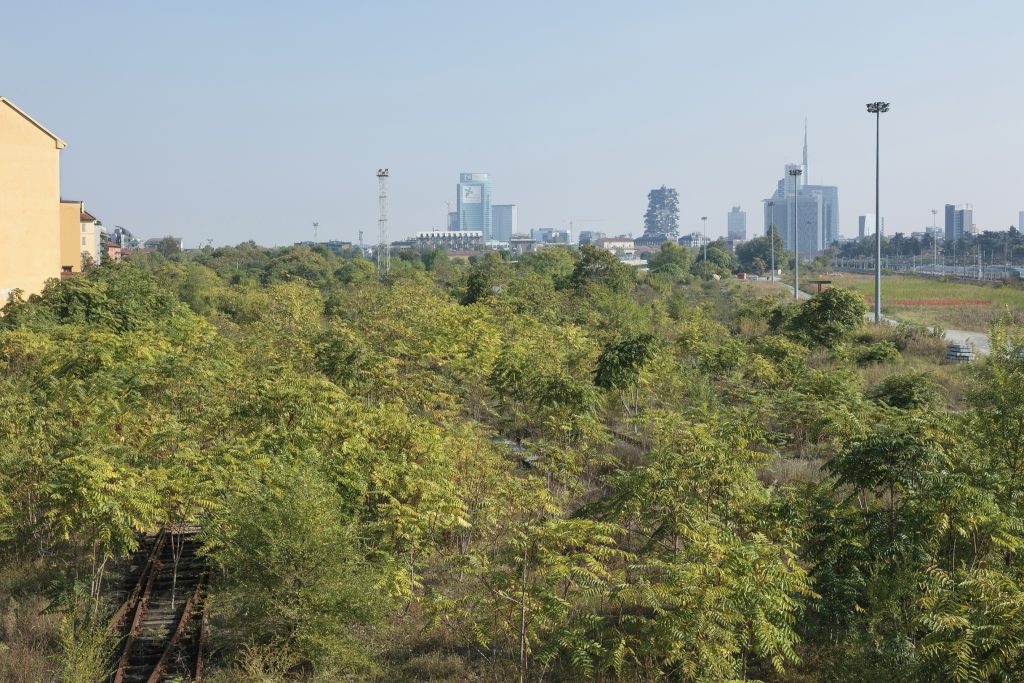
[CopyrightEdithRoux_CourtesyEditorialeLotus]
Just Like Starting Over
Since 2014, every Miaw edition focused on a specific area, theme or question related with the architectural and urban transformation of Milan, so that the outcoming projects were a relevant contribution for a vision of the future city.
In this edition 2017, Miaw studios will concentrate around a strategic urban area, the Farini rail yard (about 618.000 sqm) which, in the next future, will be abandoned by the railways state company and converted to urban usages.
In these months, there is an ongoing large discussion about Farini and other minor six rail yards in Milan, a total area of 1.250.000 sqm, and the railways company is now running a private consultation asking five architects to investigate possible future urban scenarios for these seven sites.
Considering size, complexity and the long lasting of the full urban transformation of Farini, we address the Miaw studios to think of pioneering projects which can start, but not complete, the site’s recovering. We think of projects which can explore and reveal new possibilities and scenarios, without, because this is the state of the art, any general layout.
To share a common scale and impact, we propose that all projects simulate to have the same budget which is set on 3 millions of euros, an amount which is roughly the one per cent or the presumed cost of the complete urbanization. A fundamental question, that we propose to all studios, is a thinking about time: considering that the whole recovering of the site will take, probably, not less than 15 or 20 years, we ask you how it would be possible to open the site to a public use and how to start, push and address a process of recovering.
In this condition, it can be a consistent part of your project the scheduling and programming the life time and limit of your intervention, considering the opportunity of acting inside the quite long waiting time in which this huge site will remain in abandon, inaccessibile, and unproductive.
The Miaw Scientific Board
Marco Bovati Antonella Bruzzese, Filippo Orsini, Ingrid Paoletti, Gennaro Postiglione, Alessandro Rocca (coordinator), Pier Paolo Tamburelli
Miaw manager: Maria Feller
